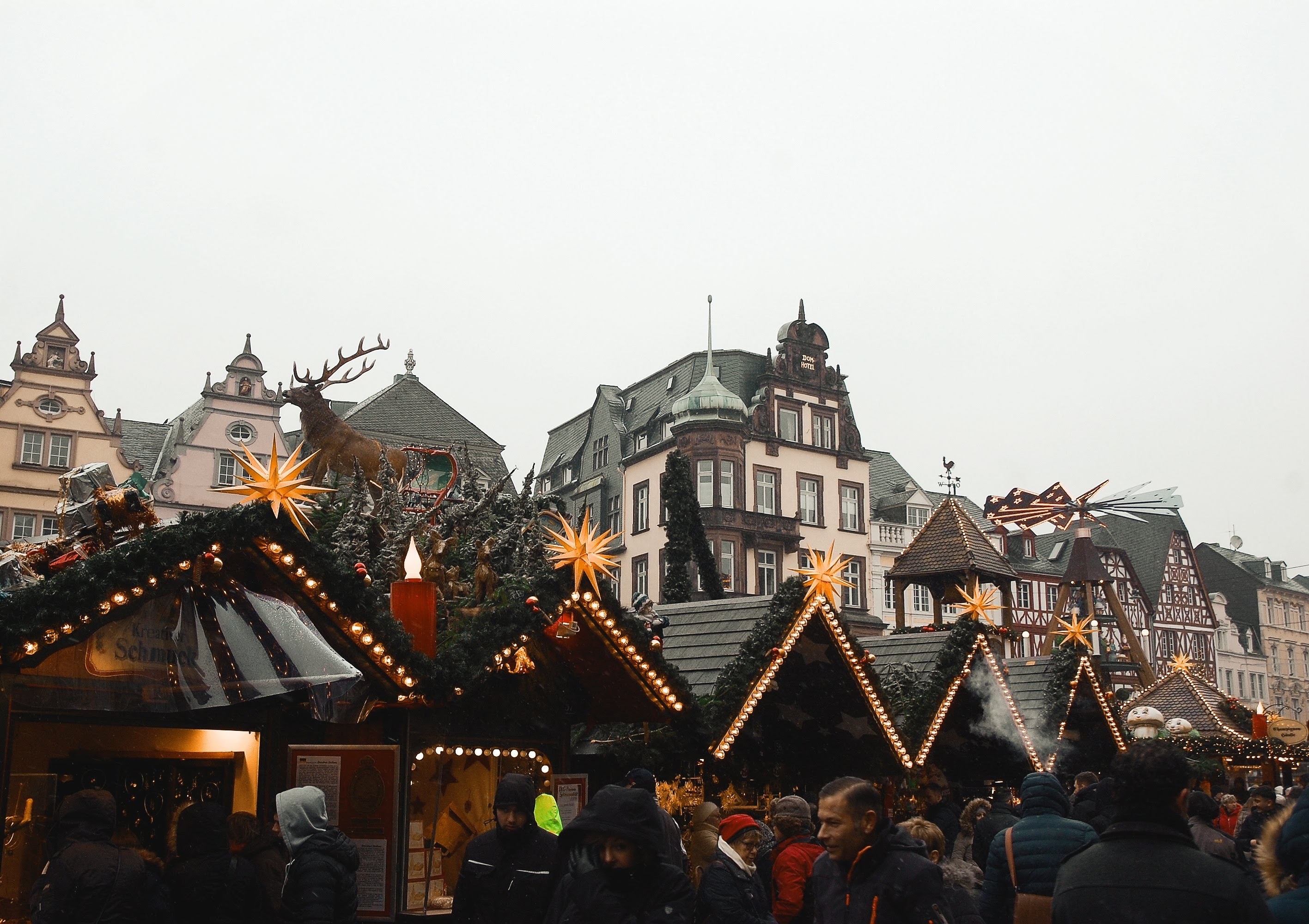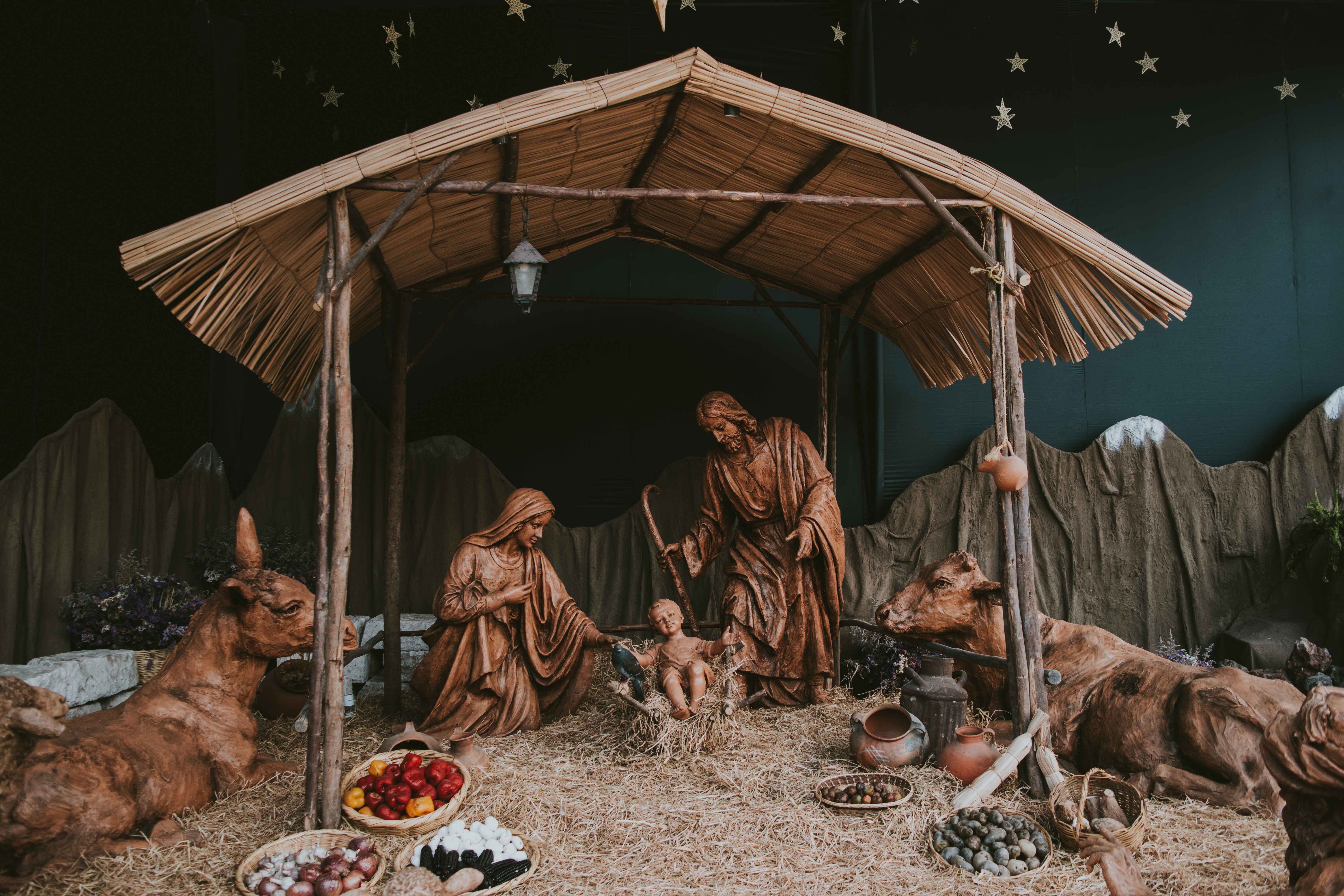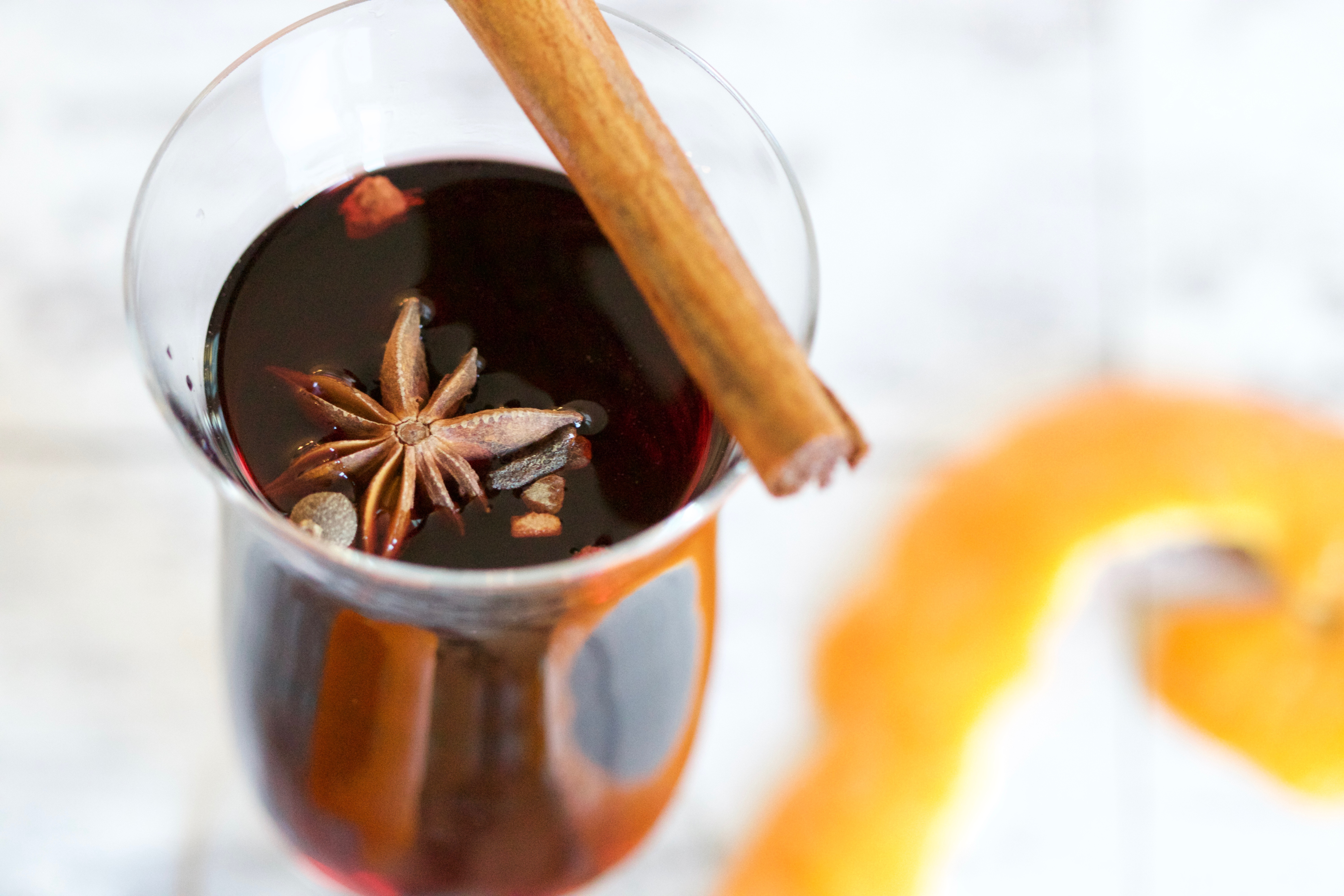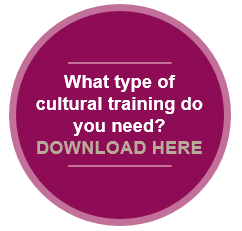When it comes to celebrating Christmas, no country in the world does it quite as beautifully as Germany. While you work on perfecting your pronunciation of "Fröhliche Weihnachten" (Merry Christmas in German), take a quick trip with us to this winter wonderland!
Christmas Markets
Whether you are hoping to do some gift shopping for others or some treat tasting for yourself, Germany has festive markets galore. Wander the stalls for carved wooden objects, hand made ornaments, and countless other thoughtful trinkets. Or, let your nose lead you to the stalls serving piping hot drinks and fragrant snacks.

if you have the chance to travel a bit in November and December, make a point to visit the Christmas markets in other German cities. From Nuremberg to Berlin to Dusseldorf, each market has a slightly different feel. To keep track of the markets you have explored, seek out the collectible mug at each market. For a small fee, you earn discounted refills and a useful souvenir.
Holiday Timeline
Many factors have contributed to building Germany's reputation as a Christmas capital, but the large concentration of Christians in the country has historically been the biggest influence.
Transferees celebrating their first Christmas season in Germany may be surprised to learn that there are many small celebrations surrounding Christmas Day.
St. Nicholas Day is December 5, and is celebrated with small gifts and treats for children. Advent is the four week long preparation period in the Christian calendar, during which colored candles are lit on a green wreath. Many children count down the days until Christmas using an Advent calendar. Schoolchildren may perform in a holiday pageant, perhaps either singing favorite songs or recounting the story of Jesus's birth. Local organizations like parishes take pride in setting up intricate nativity scenes for the community to admire.

German families often share a special meal and attend mass on Christmas Eve and/or Christmas Day. Gifts are exchanged, especially for children. The last major holiday in this season is Epiphany, which is January 6. This day marks the "official" end to the Christmas season.
If you are trying to keep all of these days and customs straight, cultural training will be a significant help to you, your coworkers, and your family. Click the button below to see the training option that best fits your needs.
Special Foods
Germans love gathering with their friends and family around the holidays to share favorite foods. Many of these special dishes are time consuming to prepare or have seasonal ingredients, which makes them a labor of love.
Popular dishes that appear during the holiday season include:
- Potato pancakes
- Smoked sausages
- Dumpling soup
- Baked fish (usually carp)
Some sweets to indulge in are:
- Gingerbread
- Butter cookies
- Linzer cookies
- Stollen, or fruit cake
And finally, drinks during Christmastime might be:
- Mulled wine
- Riesling
- Egg liquor

Germans keep tradition close to their hearts, especially during the holiday season. Expats in Germany and business travelers alike will see the country glow with the holiday spirit, despite cold weather. For assistance with training and relocation in Germany, please contact the Dwellworks team in Germany by clicking here.
To learn more about Germany, visit these posts:
- Insight to Germany: A Communication Guide
- 6 Popular Outdoor Activities in Munich, Germany
- The 5 Best Free Activities in Frankfurt, Germany
- World of Wonder: Germany



